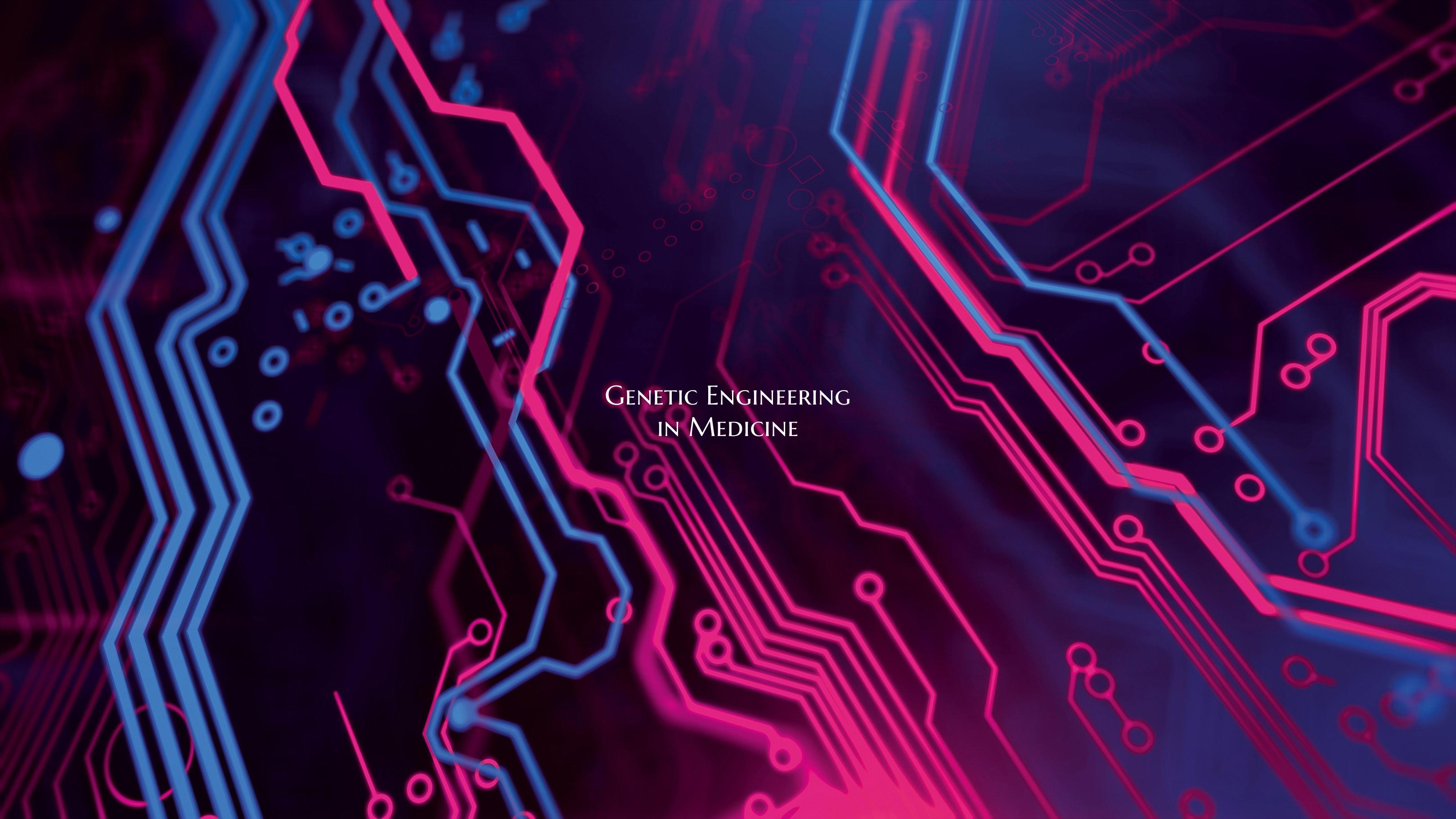Genetic Engineering in Medicine
Genetic engineering, a revolutionary field in science, has paved the way for groundbreaking advancements in medicine. This cutting-edge technology involves the manipulation of an organism's genes to modify its characteristics or introduce new traits. In the realm of medicine, genetic engineering offers promising opportunities to treat, cure, and potentially prevent a wide range of diseases and conditions.
One of the key applications of genetic engineering in medicine is gene therapy. This innovative approach aims to correct genetic defects that cause inherited diseases. By introducing healthy genes into a patient's cells, gene therapy holds the potential to effectively treat genetic disorders at their root cause. For example, in cases of cystic fibrosis or sickle cell anemia, gene therapy could offer a potentially curative treatment.
Another area where genetic engineering is making significant strides is personalized medicine. By analyzing an individual's genetic makeup, doctors can tailor treatment plans to suit their specific genetic profile. This targeted approach is particularly beneficial in cancer treatment, where genetic testing can help identify the most effective therapies and reduce the likelihood of adverse reactions.
In addition to therapeutic applications, genetic engineering is also instrumental in the development of new drugs and vaccines. By modifying organisms such as bacteria or yeast to produce specific proteins, scientists can create biopharmaceuticals that are more effective and have fewer side effects than traditional drugs. This approach has led to the production of insulin for diabetes treatment and various vaccines for infectious diseases.
Despite its tremendous potential, genetic engineering in medicine raises ethical concerns and challenges related to safety, equity, and unintended consequences. Ensuring the responsible and ethical use of genetic engineering technologies is paramount to harnessing their benefits while minimizing risks.
In conclusion, genetic engineering holds immense promise for transforming the landscape of medicine. By unlocking the secrets of the genetic code and harnessing its power, researchers and clinicians can develop innovative treatments, improve patient outcomes, and ultimately shape the future of healthcare.

